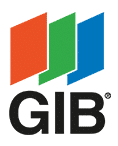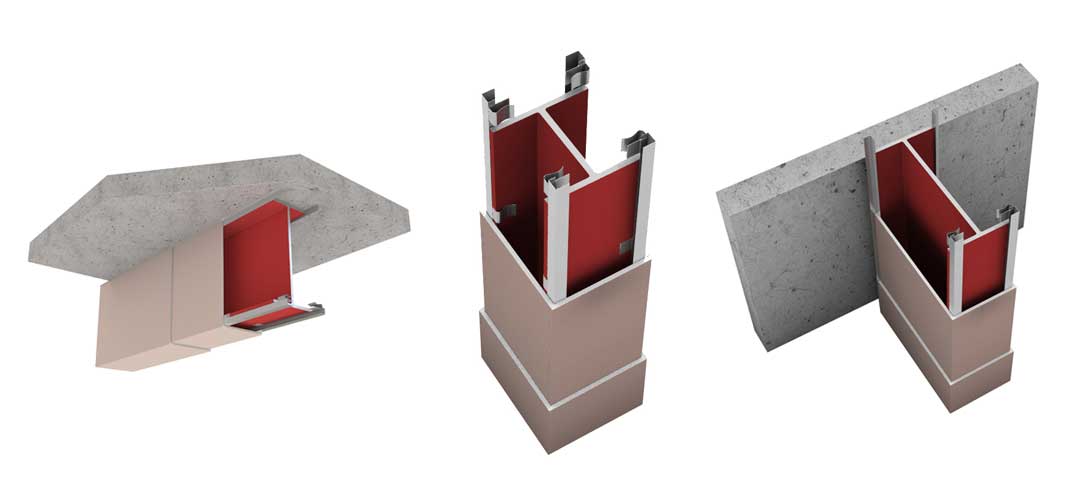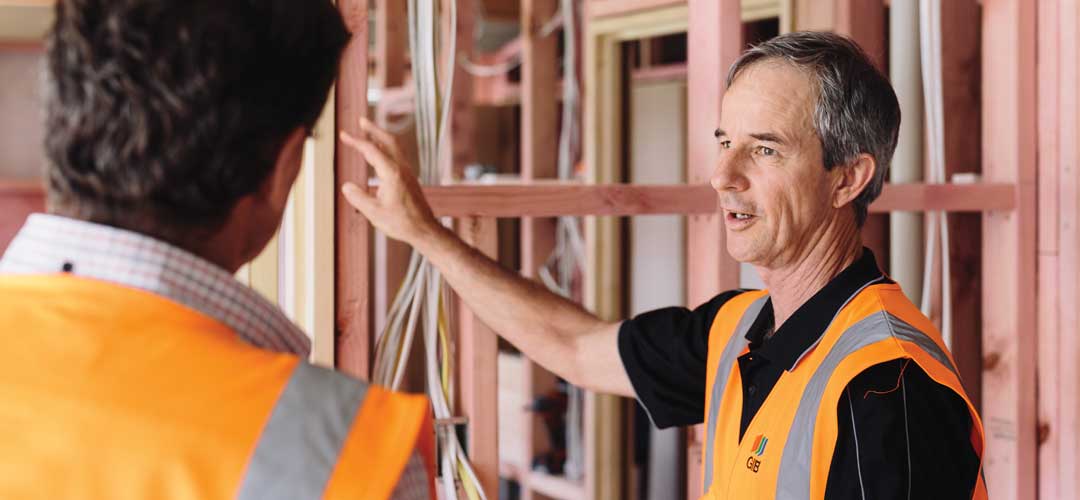
GIB® Fire Rated Systems – Frequently asked questions
There is a lot of building on the go at present, which is also reflected in calls we are getting at the GIB® Helpline. Here are some of the most frequently asked questions and information from our helpline:
Q: Multi-layer fire rated walls – what you should know.
- The inner layer does not need to be ‘stopped’ or plastered in most systems; touch fitted only.
- Either the inner or the outer layer can be used for bracing.
- The inner layer can be reversed (the face of the board to the studs)
- Outer layer stopping / plastering can be replaced with a strip or sheet of any GIB® plasterboard, minimum 150mm wide fixed at 300mm centrally into stud or by ‘cladding’ as per page 6 of the GIB® Fire Rated Systems literature.
- Sheets in both layers are touch fitted only and no fire sealant is required between the edges of the sheets.
Q: What are surface finish properties?
A: All paper faced GIB® plasterboard sheet materials have been tested in accordance with ISO 5660 Reaction to Fire Tests. Heat release, smoke production and mass loss rate Part 1 and 2 and achieves Group 1-S classification.
This classification applies to the plasterboard product without paint or wallpaper finish. The supplier or manufacturer of any selected surface finish must be contacted for their product classification when applied over a relevant substrate.

Q: Is there glue used in a fire rated system?
A: Although the presence of glue itself is not an issue, it cannot replace mechanical fasteners in a fire rated system. It is important that the screw length and spacings follow the specifications as stated in the GIB® Fire Rated Systems Specification and Installation literature.
Q: What happens if a truss penetrates a fire rated wall?
A: This is best handled at the design stage where the fire rated wall can be detailed all the way up and then the truss can sit on a surface mounted stringer eliminating any penetration.
Q: When completing an alteration on an intertenancy wall, do I require access to both sides of the wall to install fire linings? Or can I add additional layers to a single side of the shared wall to gain the required fire rating?
A: Typically you should gain access to both sides of the wall to install the fire lining in accordance with the GIB® Fire Rated Systems Specification and Installation Manual. In some cases, it is possible to use the existing plasterboard or layer over the top, depending on its age/type. Call us for specific guidance if this option is preferred.
For further information view the GIB® Fire Rated Systems literature and GIB® Fire Rated Systems Supplement or call the GIB® Helpline 0800 100 442.

